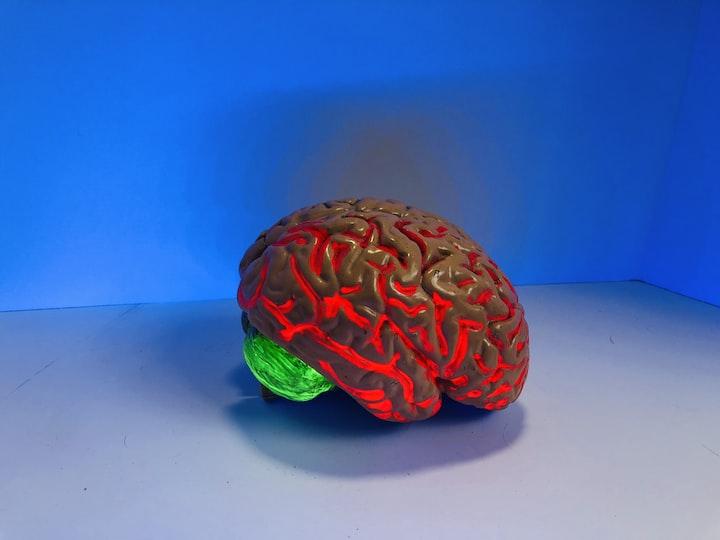When not enough blood flows to the brain, it is called cerebral hypoperfusion. The symptoms of this condition can vary depending on how severe the hypoperfusion is and how long it has been going on for. In general, however, symptoms may include lightheadedness, dizziness, headache, confusion, difficulty concentrating or remembering things, and fatigue. More serious cases can lead to loss of consciousness or even stroke. If you think you may be experiencing cerebral hypoperfusion, it is important to see a doctor as soon as possible so that they can determine the cause and treat it accordingly.
Slurred speech
Slurred speech is one symptom of not having enough blood flow to the brain. When the brain isn’t getting enough oxygen, it can cause problems with thinking and speaking. Slurred speech can also be a sign of a stroke. If you have slurred speech, it’s important to see a doctor right away so they can figure out what’s causing it and get you the treatment you need.
Sudden weakness in the limbs
If you experience sudden weakness in your limbs, it could be a sign that you’re not getting enough blood flow to your brain. This can be a serious condition and needs to be treated right away. Other symptoms of this condition include:
– feeling dizzy or lightheaded
– confusion
– numbness or tingling in the extremities
– difficulty speaking or slurred speech.
Difficulty swallowing
If you have difficulty swallowing, it may feel like food is sticking in your throat or like you are choking. You may also experience pain when swallowing. Difficulty swallowing can be a sign of a more serious condition, such as achalasia or esophageal cancer. If you experience difficulty swallowing, it is important to see your doctor so that the cause can be diagnosed and treated.
Partial or complete loss of vision or double vision
If you experience any sudden changes in your vision, it could be a sign that you are not getting enough blood flow to your brain. This is especially true if you experience partial or complete loss of vision, or double vision. Other symptoms of this condition include dizziness, headache, and nausea. If you suspect that you are not getting enough blood flow to your brain, it is important to see a doctor right away so that the cause can be determined and treated.
Dizziness or a spinning sensation
Dizziness or a spinning sensation can occur when there is not enough blood flow to the brain. This can happen for many reasons, including dehydration, low blood pressure, or anemia. It can also be a side effect of certain medications. If you experience dizziness or a spinning sensation, it is important to see your doctor to rule out any serious underlying causes.
Numbness or a tingling feeling
One possible cause of cerebral hypoperfusion is dehydration. When you are dehydrated, your body does not have enough fluids to properly circulate blood. This can lead to reduced blood flow to the brain and other organs. Symptoms of dehydration include thirst, dry mouth, dark urine, fatigue, and dizziness. If you think you may be dehydrated, it is important to drink plenty of fluids and see your doctor.
Another possible cause of reduced blood flow to the brain is blockages in the arteries that supply blood to the head and neck region. These blockages can be caused by atherosclerosis (hardening of the arteries), which is often a result of high cholesterol or high blood pressure. Blockages can also be caused by embolism s (clots that travel through the bloodstream), which can come from anywhere in the body but are most commonly associated with heart conditions such as atrial fibrillation.
Confusion
The symptoms of poor blood flow to the brain can vary depending on how severe the problem is. In some cases, people may only experience mild symptoms such as dizziness or lightheadedness. However, if the problem is more severe, it can cause major problems such as stroke or even death.
There are many different causes of poor blood flow to the brain. One of the most common is atherosclerosis, which is a buildup of plaque in the arteries that decreases blood flow. Other causes include hypertension (high blood pressure), diabetes, and smoking.
If you are experiencing any symptoms of poor blood flow to the brain, it is important to see a doctor right away so that he or she can determine what is causing your problem and recommend treatment options. In some cases, simple lifestyle changes such as quitting smoking or eating a healthier diet can help improve blood flow to the brain and reduce your symptoms. In other cases, more aggressive treatment may be necessary such as surgery or medication.
